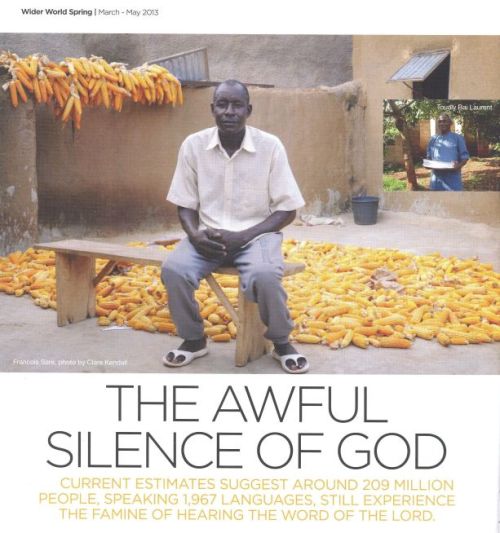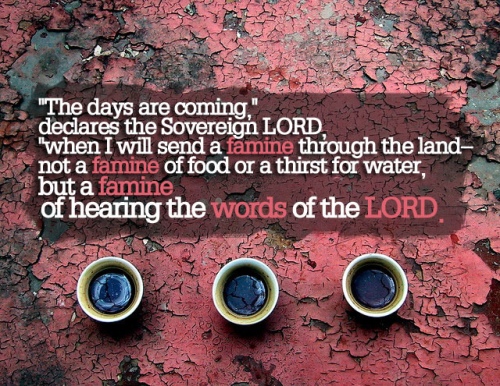A few days ago, someone looked at a blog I posted just over four years ago. Since that one person hopefully found it interesting, I thought I would re-blog it.
Besides the comments that I made and the comments that I quoted are still both interesting and relevant – what do you think?
An old copy of the King James Bible, thought to be a rare original 1611 edition has been found in a village church in Wiltshire.
There are fewer than 200 original printings of the King James version known to exist. And it is believed that the rediscovered Bible is one of the few remaining editions printed in 1611.
As a former historian, this news appeals to me; original documents are the stuff of historical research, but the Bible has never been lost to us. The King James is just one of a long line of translations into English, all of which sought to make the Bible accessible to people in a way they could understand.
This year is of course the 400th anniversary of the first edition of the King James Version being printed in London. At that time, no one could have envisaged the impact that the translation would have: since then the King James Version has become the biggest selling book in the English language – apparently it has also been the most shop lifted book in history. It has shaped the English language and had a huge effect on the English speaking world. The King James Version has become a cultural icon.
But the Bible is far more than just a piece of literature, far more than a cultural icon – we believe it is the story of God’s involvement with the earth and its people from creation to the end of the world. Wycliffe Bible Translators wants to concentrate less on Bible historic and more on Biblefresh – whether that be people in the UK re-engaging with the Bible in ways that enables God to speak to them afresh or people in Burkina Faso and elsewhere receiving the Bible in their heart languages for the first time.
Geoff Procter is a member of the parochial church council where the rare original was found; I like his comment.
Mr Procter said the most important thing about the Bible was that it was meant to be a living working book for people to live by.
“Well I think what it’s going to do is enable us to talk about the Bible,” he said.
“Because in a secular world it’s seen as an important document it will actually bring the opportunities to us to go and discuss it in more detail.
“When we took it for evaluation to the curator of a Bible museum, one of the first things he said was whatever you do you must display this so that people can read the word.
“That stuck with me – you know the fact that it’s what it says rather than what it is.”
In a blog discussing reading the Bible together online in a variety of ways, Richard Littledale reminds us of the danger of God’s Word getting lost in the 2011 media plethora about the King James Bible…
Although people are talking at length about the linguistic heritage of the Bible in the English language, there is a danger that it becomes little more than a piece of heritage – like a stately home or a love letter preserved behind glass. We cannot afford to do this – which is why we must embrace these Twenty-First Century media to encourage a wholehearted debate about a book whose pages we regard as sacred.
This is the vision of Wycliffe Bible Translators – could you be a part of this?
By 2025, together with partners worldwide, we aim to see a Bible translation project begun in all the remaining languages that need one.













